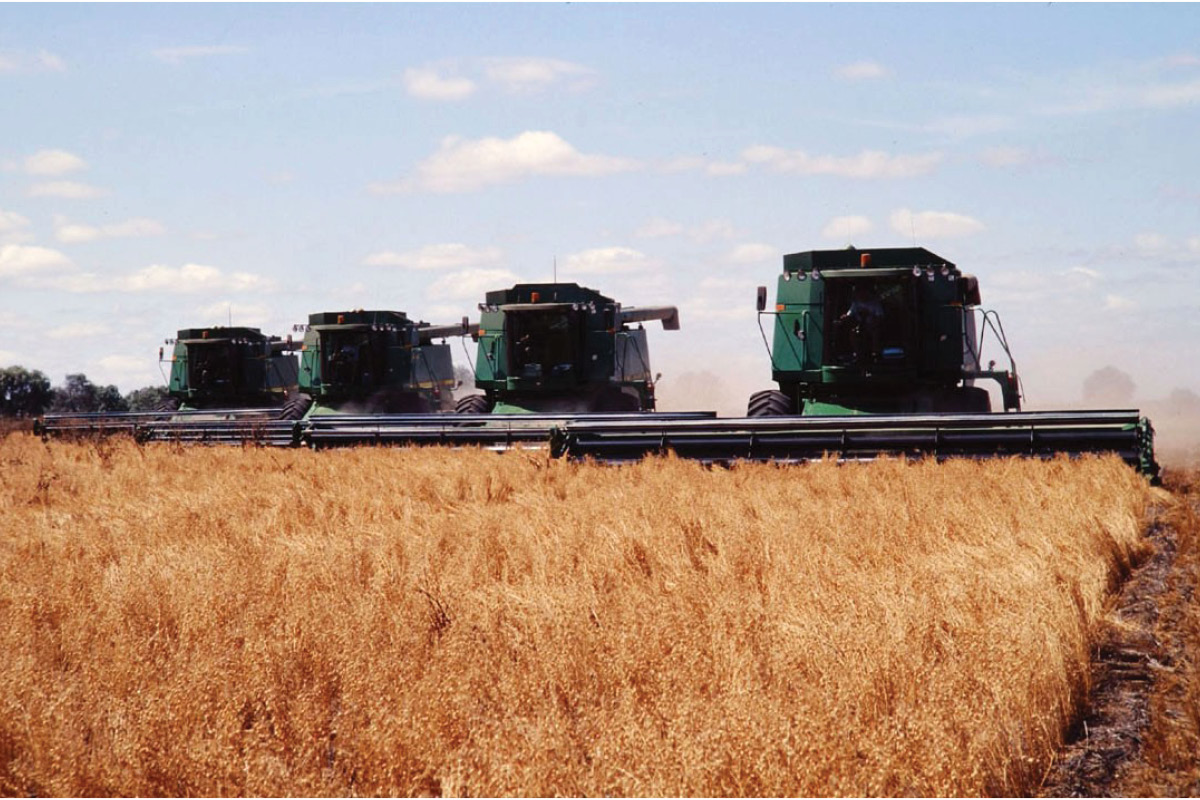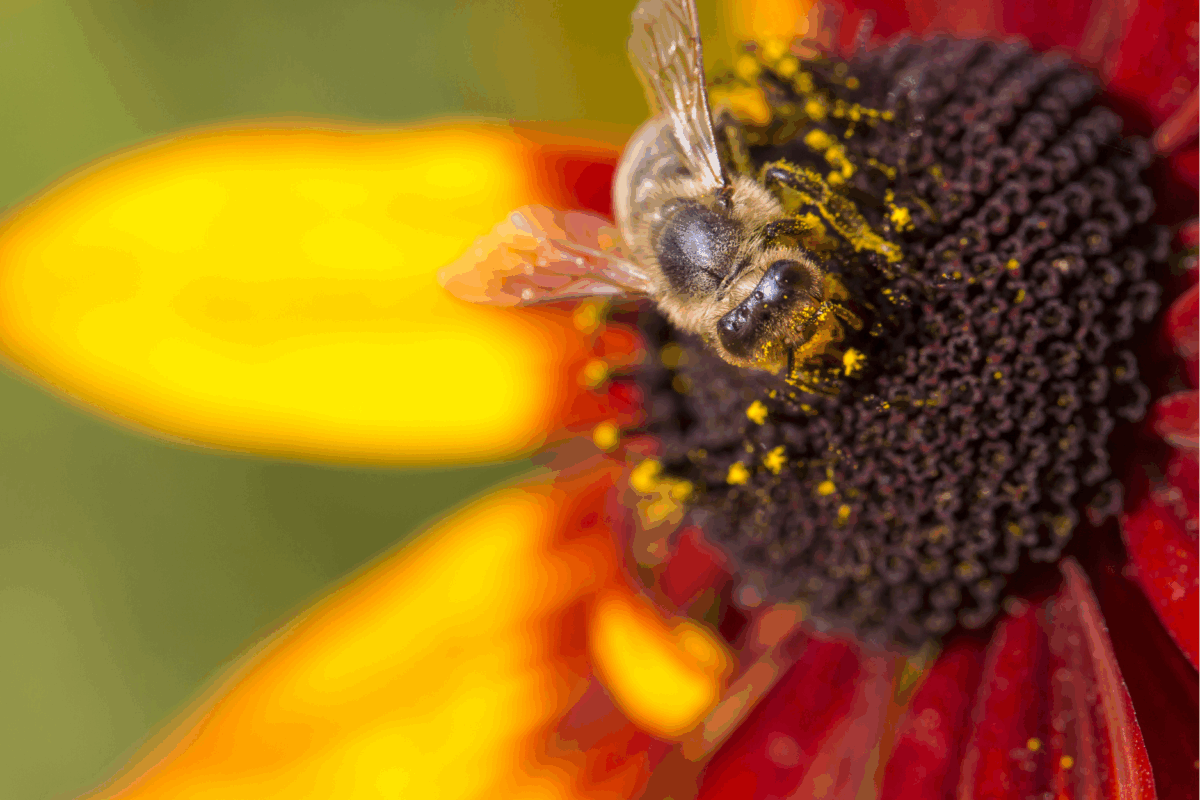Boosting grains biosecurity preparedness
By GPA Chair and WA grain producer Barry Large
Grain Producers Australia highly values our positive working relationship with Plant Health Australia and what this delivers for grain producers throughout Australia.
Our work collaborating on the Grains Farm Biosecurity Program since 2007 has helped to improve the management of, and preparedness for, biosecurity risks in the grains industry at the farm and industry levels.
Managed by PHA and funded by growers through GPA, together with the NSW, Queensland, Victorian, SA and WA Governments, this initiative provides Grains Biosecurity Officers in each of these five States.
PHA manages this national program which assists officers to deliver key messages by producing communication tools and resources such as farm gate biosecurity signs, fact sheets, media releases and pocket guides.
These Biosecurity Officers perform a number of important tasks to support good outcomes with pragmatic action, including developing and delivering materials to raise awareness and training for growers, consultants and other industry stakeholders.
GPA also plays a vitally important national industry role representing the biosecurity interests of grain producers and the broader grains industry, as members of PHA and signatories to the Emergency Plant Pest Response Deed.
Responsibilities in this area include; liaising with State and Federal Governments on trade issues; funding and supporting biosecurity initiatives; and participating in national committees and response efforts in an emergency, through the National Management Group and committees.
GPA’s work on biosecurity complements our other critical responsibilities under Federal Legislation, representing the interests of all Australian grain producers who pay compulsory levies, which equates to 1.02 per cent of our annual net crop sales.
As well as our work with PHA, these legislative responsibilities for growers includes; RD&E matters to the Grains Research and Development Corporation; and grain integrity/grain market access and chemical use.
On the back of a record grains harvest last year of about 62 million tonnes, the volume of levies paid by grain producers can also expect to reach record highs.
The most recent national figures from ABARES estimate the total value of Australian grains, oilseeds and pulses for 2021-22 at $25.8 billion.
GPA will continue to perform our oversight roles, in particular representing the views of our members, which includes State Farming Members and their Grains Councils, with vigilance.
We do this knowing we need to capitalise on this current opportunity to deliver long-term results from this record increased levy-take.
In this regard, GPA’s 2022 Federal Election Priorities Survey was issued recently and asked respondents to indicate where government can support the productivity and profitability of their grain farming business, with biosecurity rated at about 40 per cent.
A core theme of these Priorities will be to ensure initiatives and programs in these key areas to deliver better biosecurity protections, lower freight costs, improved trade and market access, and increased local manufacturing of key farm inputs such as fertilisers and chemicals.
This will not only boost overall productivity, profitability and sustainability for Australian grain producers, it can also deliver stronger protections such as keeping Khapra Beetle out of the country, to prevent future economic devastation.
If established in Australia, khapra beetle could cost our grain industry $15.5 billion over 20 years and remove access to key markets.
We know increased investment, supported through the government’s $14.5 million khapra beetle Enhanced Screening measure, have been introduced recently.
However, we also recognise more must be done, and we need to do all we can to ensure we have no regrets, when it comes to taking preventative actions on biosecurity, and safeguard our future.






